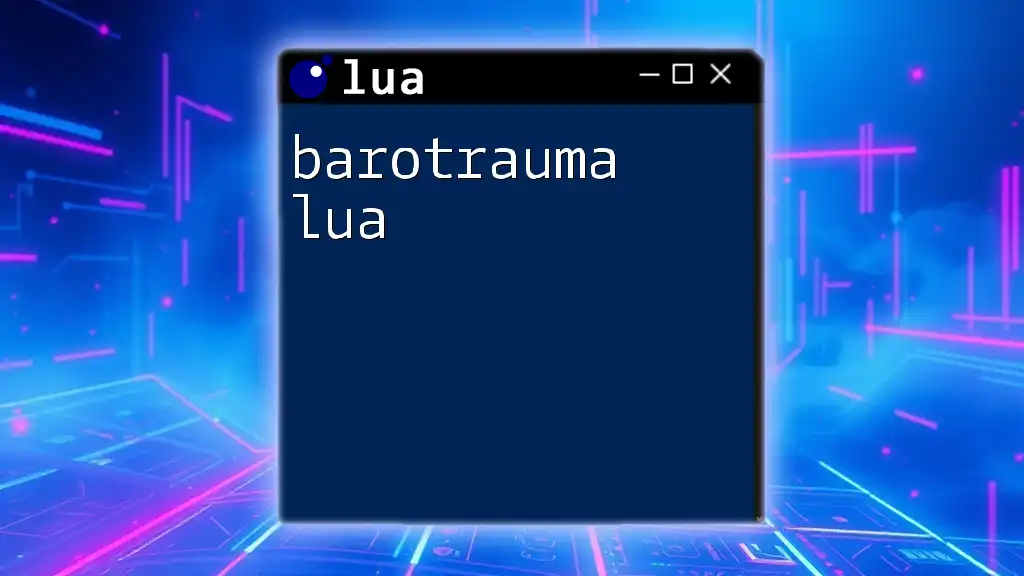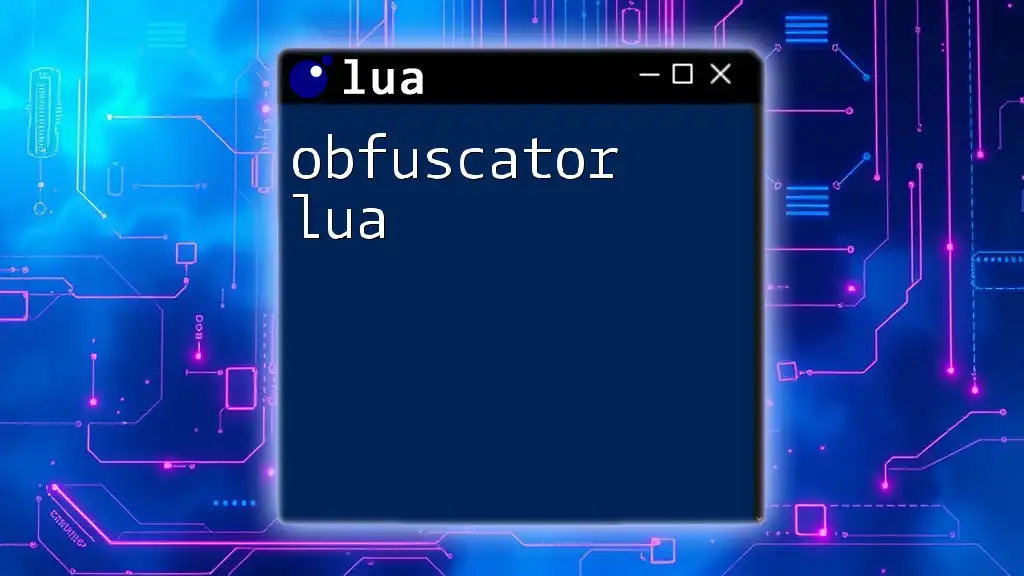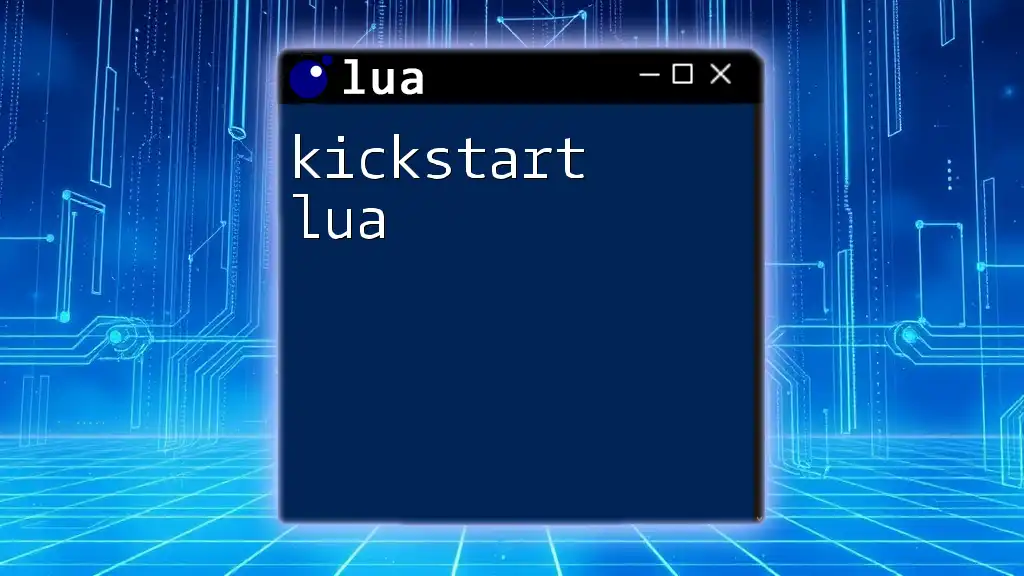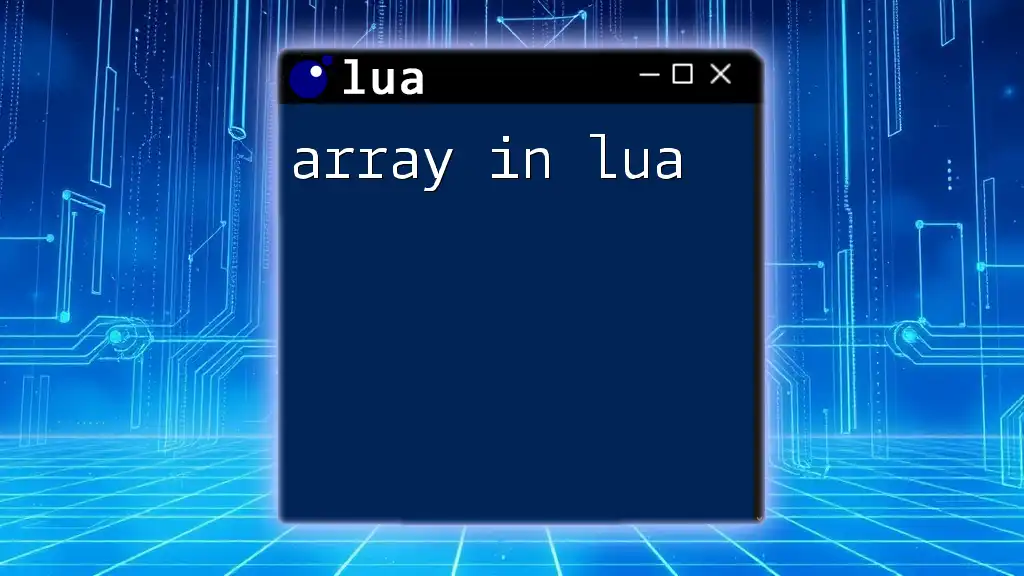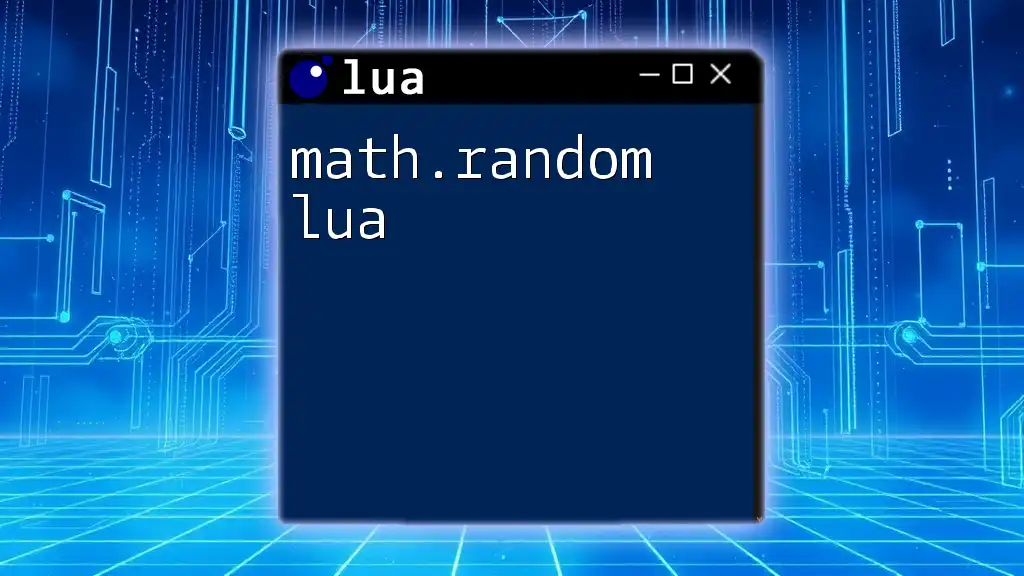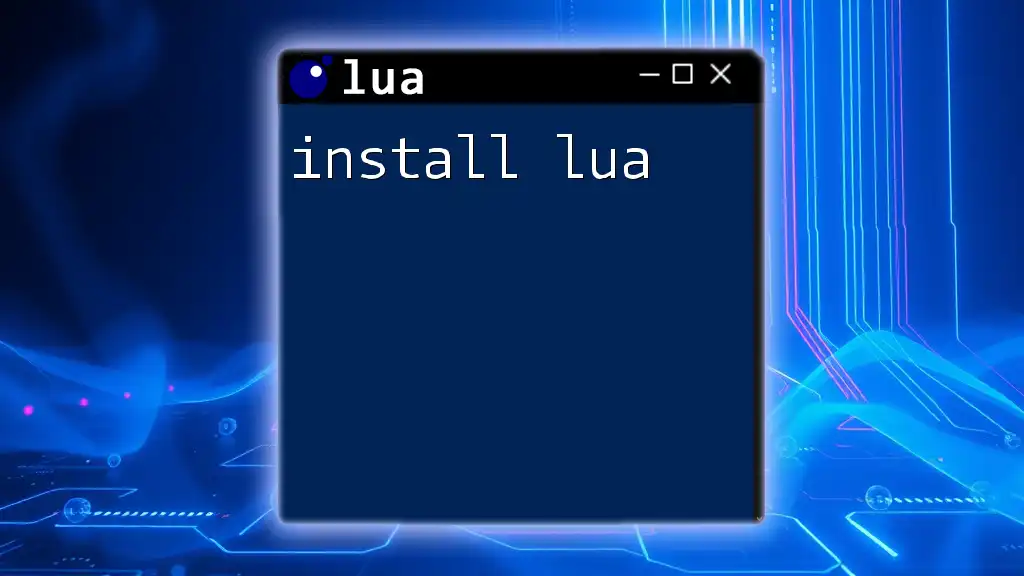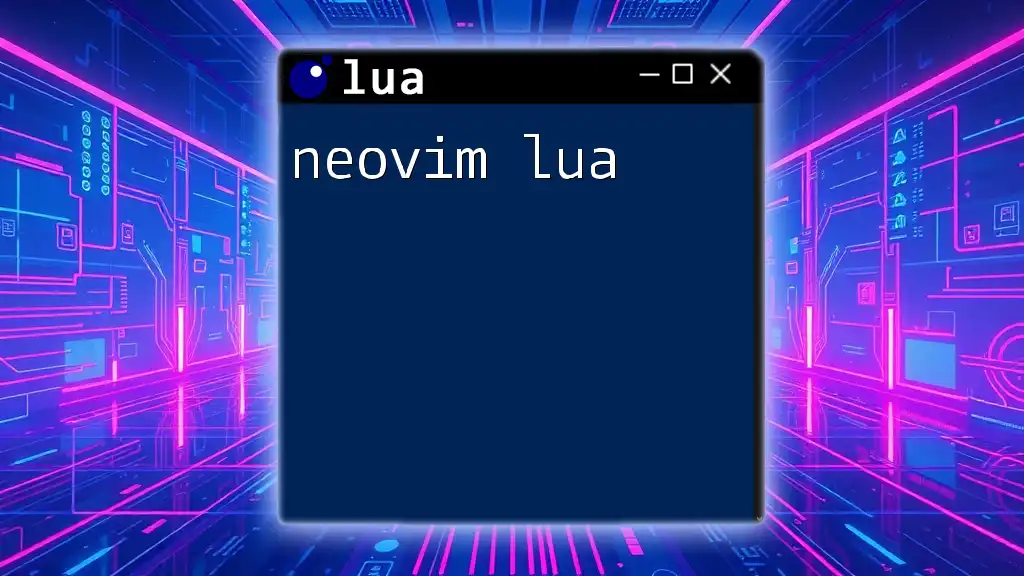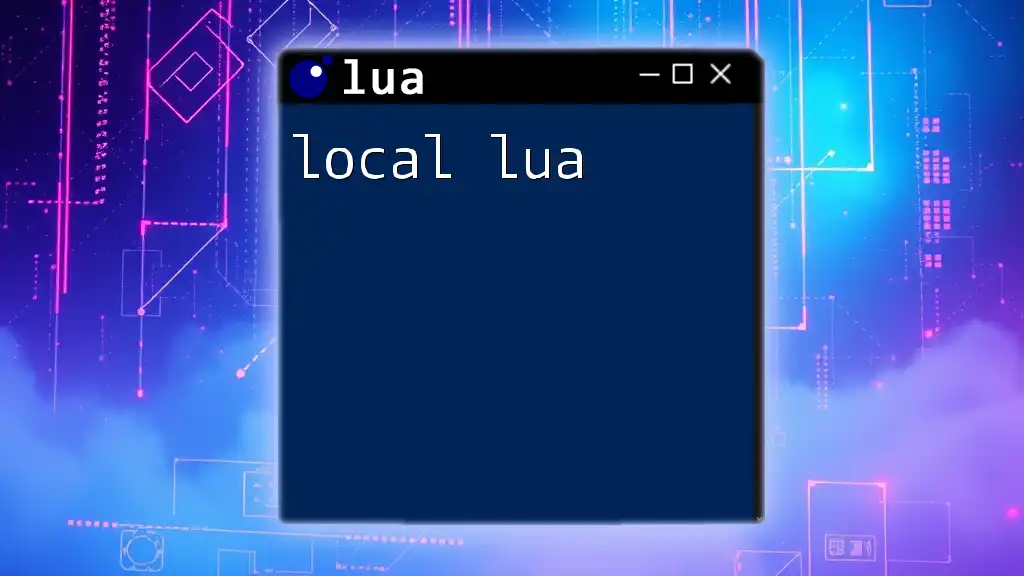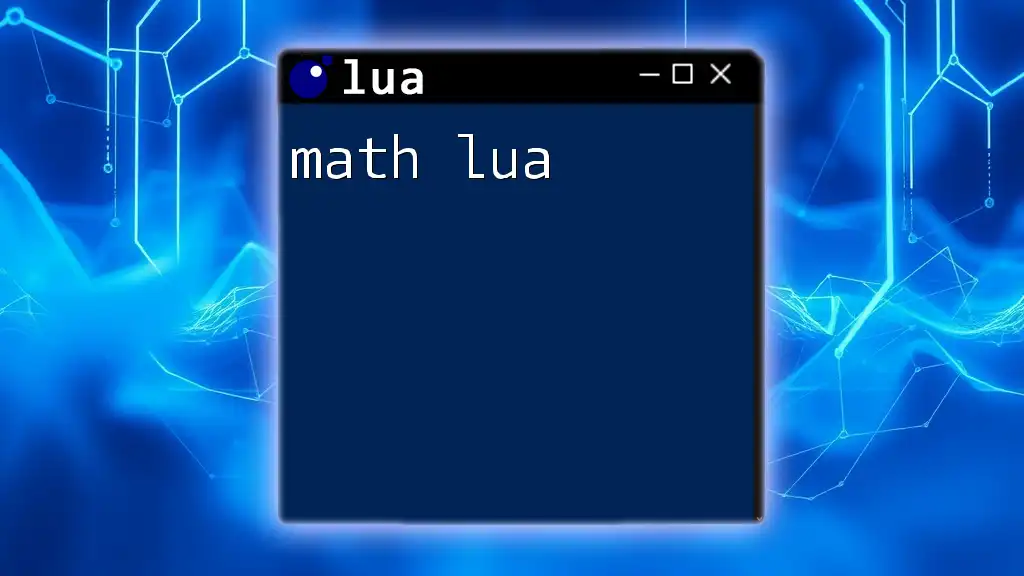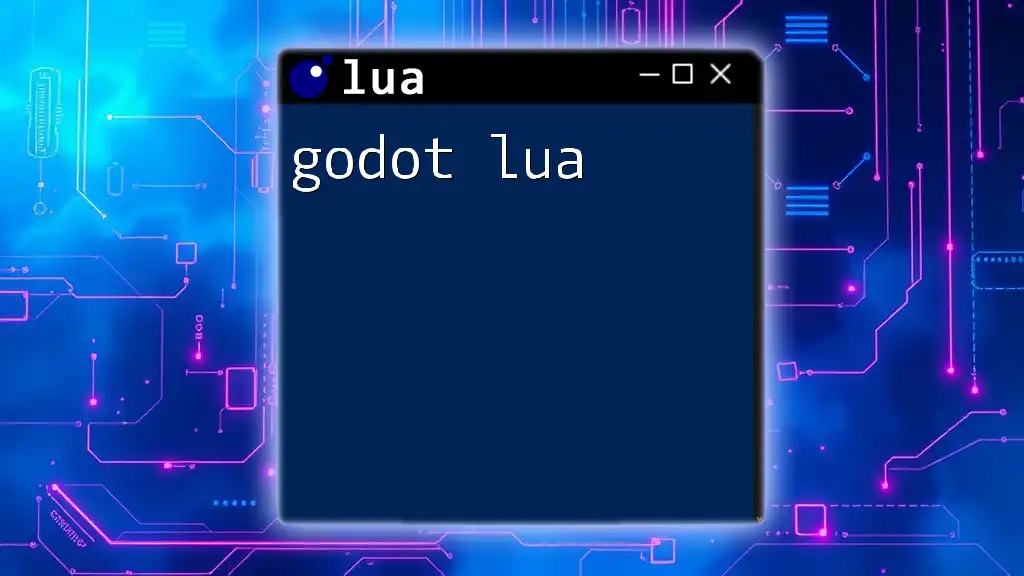Barotrauma Lua refers to the use of Lua scripting within the Barotrauma game to enhance gameplay features, manipulate game mechanics, and create custom content.
-- Example Lua script to create a simple item spawn mechanic in Barotrauma
function spawnItem()
local item = Item.Create("exampleItem", Vector(0, 0), nil) -- Replace 'exampleItem' with the actual item identifier
item.Spawn()
end
Understanding Lua in Barotrauma
What Can You Do with Lua?
Using barotrauma lua, you have the power to customize various aspects of the game. This allows you to enhance gameplay experiences significantly. You can:
- Customize gameplay mechanics: Modify how players interact with the environment or how underwater physics work.
- Create new items and enhancements: Design unique submarine components or upgrade existing game items.
- Automate repetitive tasks: Write scripts that perform actions automatically, enhancing efficiency during gameplay.
Setting Up Your Lua Environment
To start scripting in barotrauma lua, you need to ensure you have the proper tools and access to the game files. Follow these steps:
- Install the necessary tools: You will need a text editor (like Visual Studio Code, Sublime Text, or Notepad++) to edit Lua scripts.
- Access Lua files: Navigate to the Barotrauma installation directory, usually found in your Steam library under "steamapps/common/Barotrauma." Locate the `Lua` folder where you can find existing scripts to modify or use as a reference.
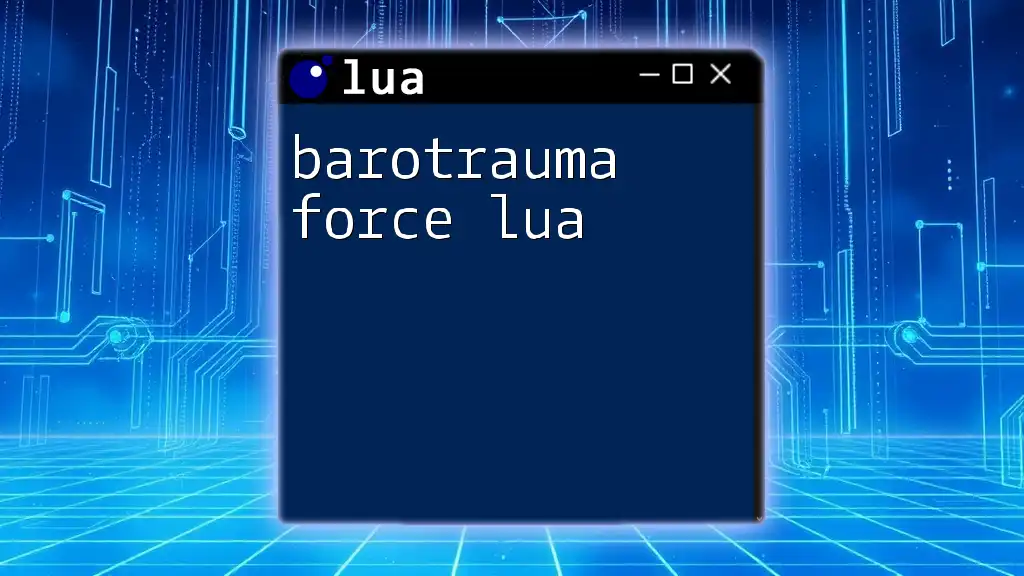
Basics of Lua Syntax
Fundamental Constructs
Understanding the syntax of barotrauma lua is crucial for effective script writing.
Variables and Data Types
In Lua, you can define variables without a specific type declaration. Here’s how to define a string and a number:
local playerName = "Captain Nemo"
local playerHealth = 100
This demonstrates the simplicity of variable declaration in Lua. Here, `local` indicates that the variable scope is limited to the block it's defined in.
Operators
Lua supports various operations to manipulate data:
- Arithmetic operators: `+`, `-`, `*`, `/`, `%` (modulus)
- Relational operators: `==`, `~=`, `>`, `<`, `>=`, `<=`
- Logical operators: `and`, `or`, `not`
Example of using operators:
if playerHealth <= 0 then
print(playerName .. " has died.")
end
In this snippet, we check if the player's health is zero or below and print an appropriate message.
Control Structures
Conditional Statements
Control the flow of your scripts using conditional statements. Here is an example:
if playerHealth > 50 then
print(playerName .. " is healthy!")
elseif playerHealth > 0 then
print(playerName .. " is wounded.")
else
print(playerName .. " has fallen.")
end
This structure allows you to handle multiple conditions effectively.
Loops
Loops enable repetitive actions. Here’s how you use a `for` loop:
for i = 1, 5 do
print("Iteration: " .. i)
end
This loop will print the iteration count from 1 to 5.
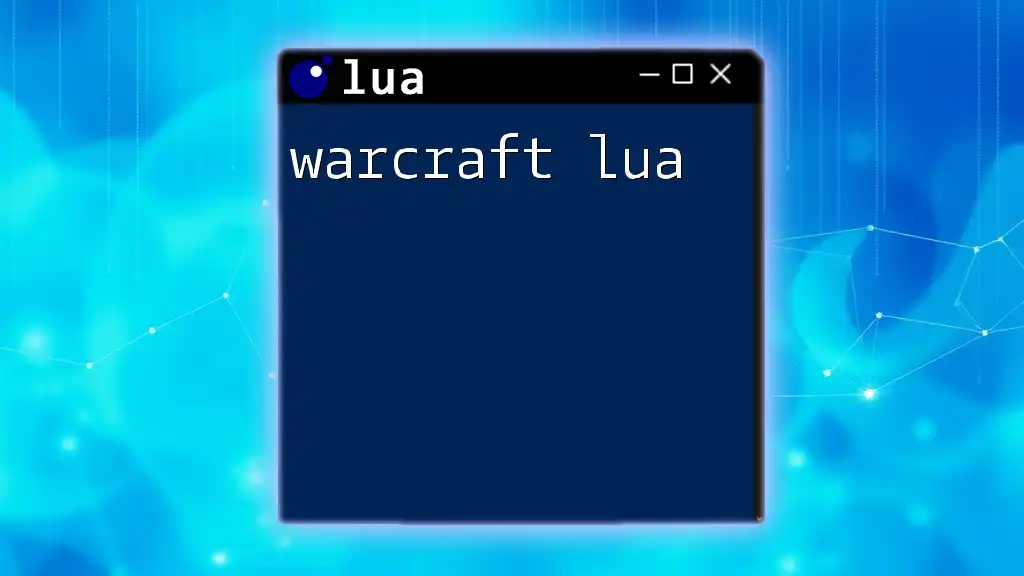
Lua Scripting for Barotrauma
Accessing Game Objects
To manipulate in-game elements, you need to access game objects. For instance, to retrieve and modify player data:
local player = Player.Character
if player then
player.Health = player.Health - 10
end
This script checks if the player exists and then reduces their health by 10.
Creating Custom Scripts
Let’s write a simple script to create a new item.
local newItem = Item("CustomTool")
newItem.Description = "A useful custom tool for underwater operations."
Place this code in the appropriate Lua file, and your new item will be recognized in the game.
Event Handling in Barotrauma
Handling events in barotrauma lua allows for dynamic interactions. For instance, triggering an action when a player enters a specific area:
function OnPlayerEnterArea(player)
if player.Team == "Explorers" then
print(player.Name .. " has entered the exploration zone!")
end
end
This function can be connected to an event listener to execute when a player enters a designated area.
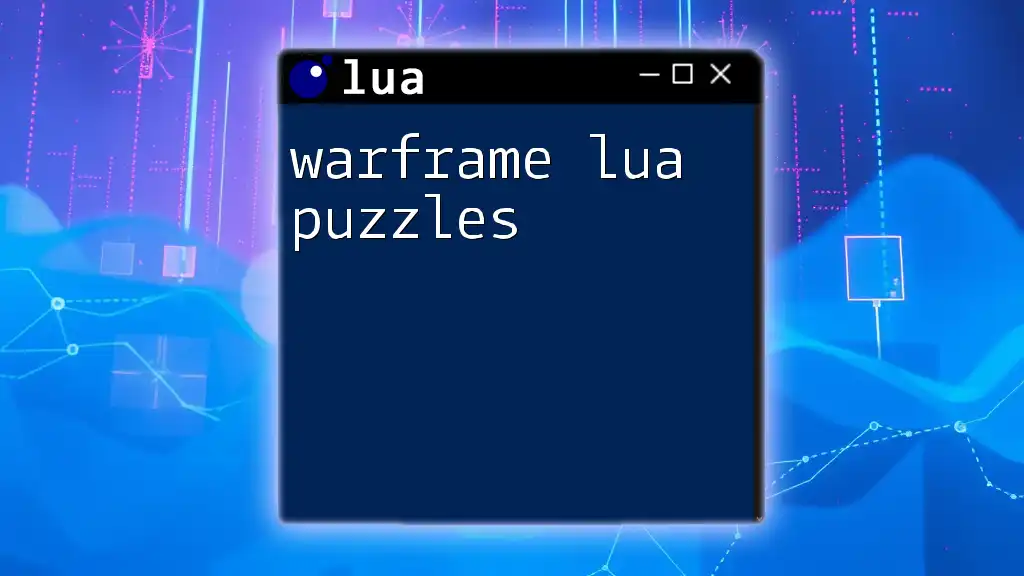
Advanced Lua Techniques
Tables and Functions
Tables in Lua serve as arrays and dictionaries, making them versatile for data management. To define a new table:
local items = {
knife = {damage = 15, durability = 100},
flare = {duration = 60}
}
You can also create functions for reusable code:
function calculateDamage(baseDamage, modifier)
return baseDamage + modifier
end
local totalDamage = calculateDamage(items.knife.damage, 5)
Debugging Your Lua Code
Debugging is vital for efficient scripting. Common Lua errors include syntax mistakes and referencing non-existent objects. Use `print()` statements liberally to understand the flow of your script. For example:
print("Player health before damage: " .. playerHealth)
This helps identify issues in variable states and ensures your script runs as expected.
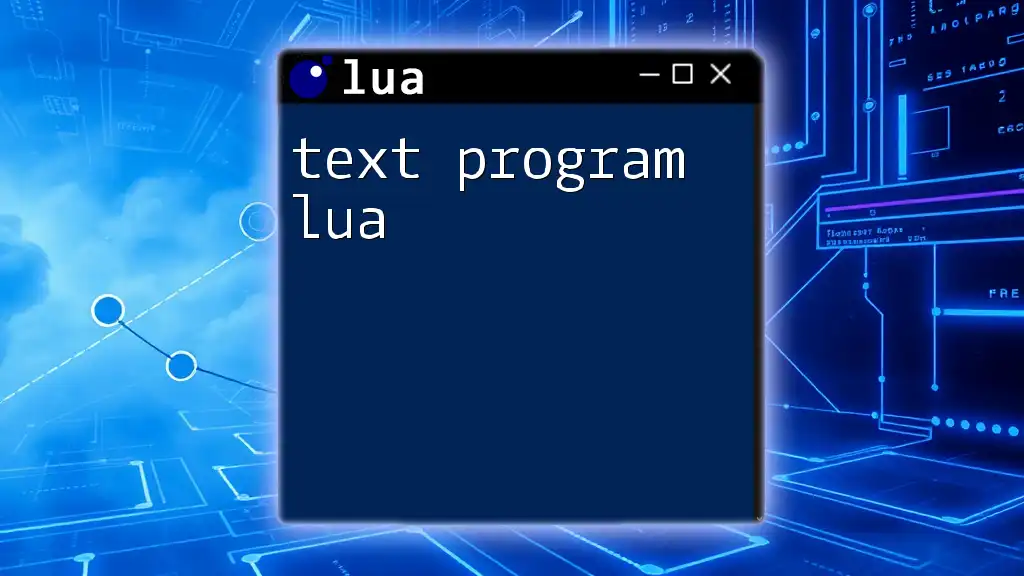
Enhancing Gameplay with Lua
Creating Mods with Lua
One of the most exciting aspects of scripting in barotrauma lua is creating mods. You can tweak existing mechanics and integrate new features into the game. For reference, explore popular mods and their code to understand best practices.
Implementing AI Behavior
Customizing AI behavior can make gameplay more engaging. For example, you can script enemies to behave based on player actions. A basic AI script might look like this:
function onPlayerDetected(enemy, player)
enemy.Target = player
enemy.State = "aggressive"
end
This function will change the enemy's state to aggressive when a player is detected.
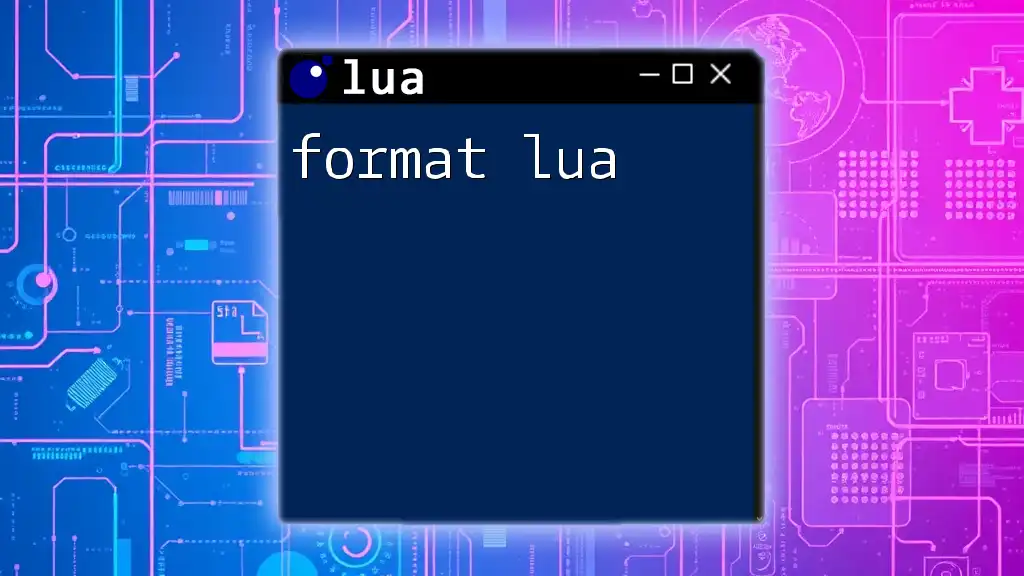
Best Practices for Barotrauma Lua Programming
Writing Clean and Maintainable Code
To keep your code manageable, always comment on your scripts. This promotes understanding not only for you but also for others who might edit your code in the future. Use meaningful names for variables and functions to clarify their purpose:
local function healPlayer(player)
player.Health = player.Health + 20
end
Performance Optimization Tips
Efficiency in scripting is crucial for maintaining smooth gameplay. Avoid using too many nested loops or unnecessary checks within frequently called functions. For example:
for i = 1, 10 do
if someCondition then
break -- Exit the loop early
end
end
This prevents the loop from running longer than necessary.
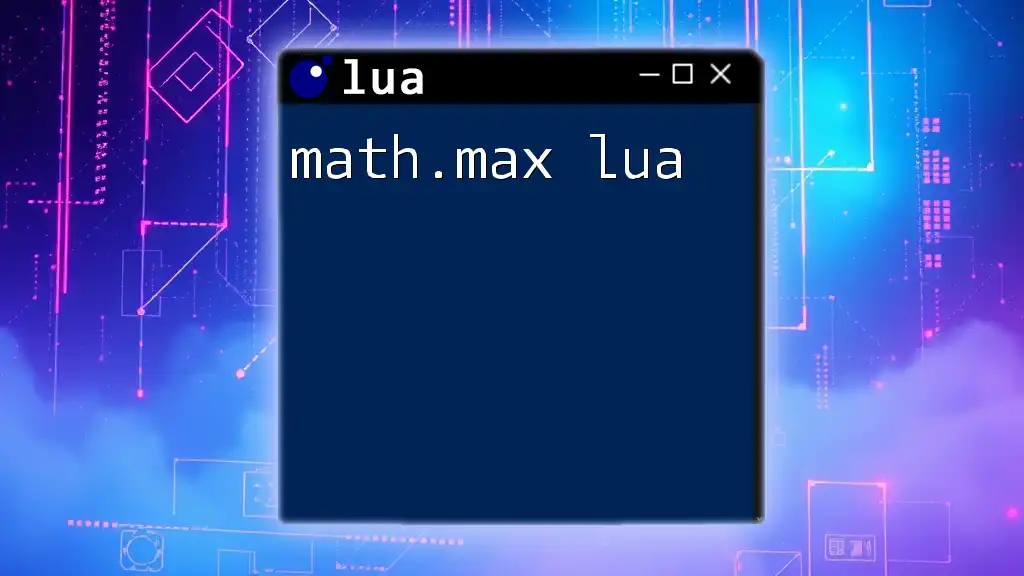
Conclusion
The power of barotrauma lua scripting offers endless possibilities for customizing your gameplay experience. By understanding its syntax, manipulating game objects, and creating unique scripts, you can significantly enhance both your and others' experiences in Barotrauma.
Next Steps
Now that you're equipped with this comprehensive guide, dive into writing your scripts! Experiment, share your creations within the community, and continue learning about Lua to refine your skills. The possibilities are boundless!
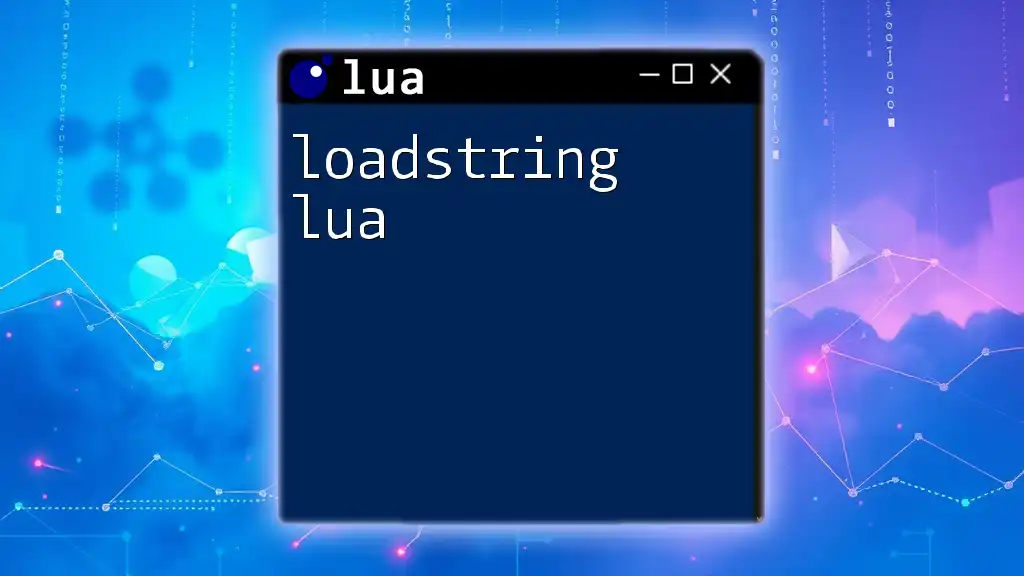
Additional Resources
To further your understanding and mastery of Lua in Barotrauma, explore the following:
- Official Lua documentation for in-depth learning.
- Engage with the Barotrauma modding community to share ideas and resources.
- Check out tutorials online for advanced Lua concepts and techniques.

